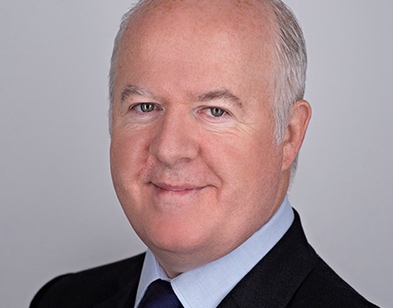Many pundits have put forward the view that the Financial Planning sector has been little affected by the cost of living crisis and economic uncertainty.
The sector is, of course, one of the fastest growing in the UK and I would support the view that planning is set for more growth and M&A activity.
That does not mean, however, that planners live in some kind of economic bubble where the world outside does not affect them. Far from it.
There are a couple of pieces of evidence this week that in subtle ways Financial Planners are seeing client needs change and having to adapt to a tougher environment.
The first is a survey this week from Abrdn.
Abrdn interviewed just over 300 financial advisers in November. It found that many were very concerned about increasing costs and some were also worried about falling revenues.
To tackle the challenges firms are relocating offices (29%), investing in new platform technology (28%) and increasing client fees (26%). Even so, 39% of respondents fear the cost increases could threaten their businesses in 2023.
It’s often forgotten that many advisory firms are affected by cost inflation as much as any other business. Whether that be heating and electricity costs going up, wages rising and the sheer cost of enabling many staff to work remotely from home. Necessary tech investments are also getting more expensive too. Running a Financial Planning firm is not cheap.
Naturally some advisers are looking to recoup costs by raising fees as many other professional services firms are doing.
Of course, for many planners the impact on them will depend to some degree on the types of clients they are serving. Those concentrating on HNW and wealth management clients where wealth preservation is key will have probably seen only modest impact - these clients are not likely to go bankrupt - but even so many clients will be nursing losses compared to a couple of years ago. Fees based on a percentage of funds under advice, common these days, may be falling. Certainly the platforms have seen funds under advice fall in many cases.
Other advisers who focus on clients with less wealth, perhaps younger clients, may well have seen those clients look to cut back on investing or pensions or cash in savings. They may even have seen some clients quit their firms. So in many ways the crisis is directly affecting advisers and will do for some time to come.
The other piece of evidence of changing needs as far as clients are concerned is from our wealth management feature in our next issue of Financial Planning Today magazine out shortly.
We spoke to many experienced and well qualified planners. A common experience was that their clients were doing ok but there clients’ families needed help, whether it be with living costs or getting on the property ladder. Many clients want to help their families by sharing their wealth to some degree.
Planners, it appears, are increasingly being asked by clients how they can help family members. Of course all this needs advice and fees are charged but it underlines that wealth management and Financial Planning may change more than we think in the future as wealth built up during a lifetime is not suddenly moved into the decumulation phase but instead phasing of wealth, or dipping in and topping up if you like, becomes more common as the years go by.
• If you are not already registered for Financial Planning Today website please take a minute now to register. Just click a couple of stories to see the registration pop up. Registering is quick, free and gives you access to much more content. Optional subscription upgrades provide unlimited content access plus a subscription to our regular Financial Planning Today magazine which is packed full of Financial Planning features.
Kevin O'Donnell is editor of Financial Planning Today and has worked as a journalist and editor for over three decades.

